Trying to choose healthy options at the supermarket can feel like going on a CIA intelligence mission. Words like ‘light’ and ‘no cholesterol’ sound convincing, but what do they actually mean? Here at 12WBT HQ we’re cracking the code on food labels, giving you the power to make informed choices that are in line with your health and lifestyle goals.
The Lowdown on Labels
There are plenty of claims made on food labels, so use our handy guide to decipher some of the more common ones.
Low Fat
In order to be called low fat, the product must contain less than 3 percent fat for solid foods and 1.5 percent fat for liquids. Foods that are low in fat are great for weight loss, but don’t forget to check how much they contain of the hidden nasty: saturated fats. Solid foods labelled ‘low in saturated fat’ must have less than 1.5g of saturated fat per 100g, and liquids must have less than 0.75g per 100mL. It’s always best to check the food label carefully, keeping your eye on the sugar content too, because low-fat products might be high in sugar instead.
Fat Free and Percentage Fat Free

The percentage fat free claim can only be used for products that meet the low-fat claim standards (ie: less than 3 percent fat for solid foods and less than 1.5 percent for liquids). To be labelled ‘Fat Free’ a product must contain less than 0.15 percent fat.
Clear as mud, right? What this really means is ‘fat free’ doesn’t equal ‘feel free to eat me’! You still need to check the label carefully because some foods, like lollies, may be ‘99 percent fat free’ but are still high in sugar.
Lite or Light
Get savvy around words like ‘lite’ or ‘light’ on labels. Some things aren’t always what they seem and these labels don’t always mean the product is lower in fat or sugar. ‘Lite’ or ‘light’ are often used to describe the colour of a product (like olive oils) and the flavour or texture of a food (we’re talking about you, potato chips!). Check the label to be sure.
Diet

Foods labelled with ‘diet’ indicate the product has been sweetened with sugar substitutes to replace all or some of the sugar content. Check the label for the sweetener used, but rest assured that these sweeteners are extensively tested to ensure they’re safe for consumption.
Having said that, if you’re looking at diet soft drinks, here at 12WBT HQ our favourite low-calorie (actually, no-calorie!) drink of all is is the all-natural version: water. Try the sparkling variety and add flavour with a piece of fresh lime, a sprig of mint or even a few slices of strawberry, kiwi or other fruit.
The same goes for yoghurt: rather than choose the ‘diet’ variety, why not go for a low-fat natural yoghurt? It’s not sweetened, but if you add some fresh or frozen berries there’ll be plenty of flavour – and it’s all natural.
No Added Sugar

Low in Sugar
“Low in sugar?!” we hear you ask.“Hurray!” While you can celebrate the fact that products labelled ‘low in sugar’ must not contain more than 5g of total sugars per 100g of the food, or 2.5g of total sugars per 100g of a liquid, don’t get all “party, party, party!” by having loads of them in one sitting – or by adding another spoon of sugar to your morning coffee.
Reduced Fat or Reduced Salt
This claim doesn’t raise too many alarms on face value: foods labelled ‘reduced fat’ and ‘reduced salt’ mean that the product contains 25 percent less fat or salt than the original version of the food. However, it’s a little sneaky though, when you consider that the product may have been very high in fat or sodium (salt) in the first place.
All Natural
What this usually means is that these products contain no artificial colours, flavours or preservatives. The flipside? It doesn’t mean they’re not high in fat, sugar and/or salt! Read the nutrition information panel to check.
Oven Baked, Not Fried
Don’t be duped into thinking this spells low fat. Oven baked foods are exactly that: they’re simply foods baked in an oven. They can contain as much fat as the fried variety, so always check the fat and saturated fat contents on the label.
Cholesterol Free
Again, cholesterol free doesn’t mean fat free. Cholesterol is only present in animal fats so the claim is meaningless on products derived from plants, like margarine and oils. For example, cooking oils that claim to be 100 percent cholesterol free are still 100 percent fat!
High in Fibre
This one’s simple – the product must contain at least 3g of fibre per serve.
Don’t Forget…
- Always read the nutrition information panel so you know what is actually in your food.
- As a general rule, look for products with less than 10g of fat per 100g, 5g of sugar per 100g, 120mg of sodium per 100g and 3g or more of fibre per serve.
- Ingredients are listed in order from the most to the least. So if fat, sugar or salt are listed in the first three ingredients of a product, you might want to put it back on the shelf.
- Remember, some of the healthiest foods don’t have food labels – fresh fruits and vegetables are a prime example.
As part of 12WBT Mish asks that you become fully responsible for what you eat. Knowledge is power – now that we’ve unpacked the truth behind food labels you’ll be ready to tackle the supermarket and come out on top!
References:
Australia New Zealand Food Standards Code – Standard 1.2.7 – Nutrition, Health and Related Claims


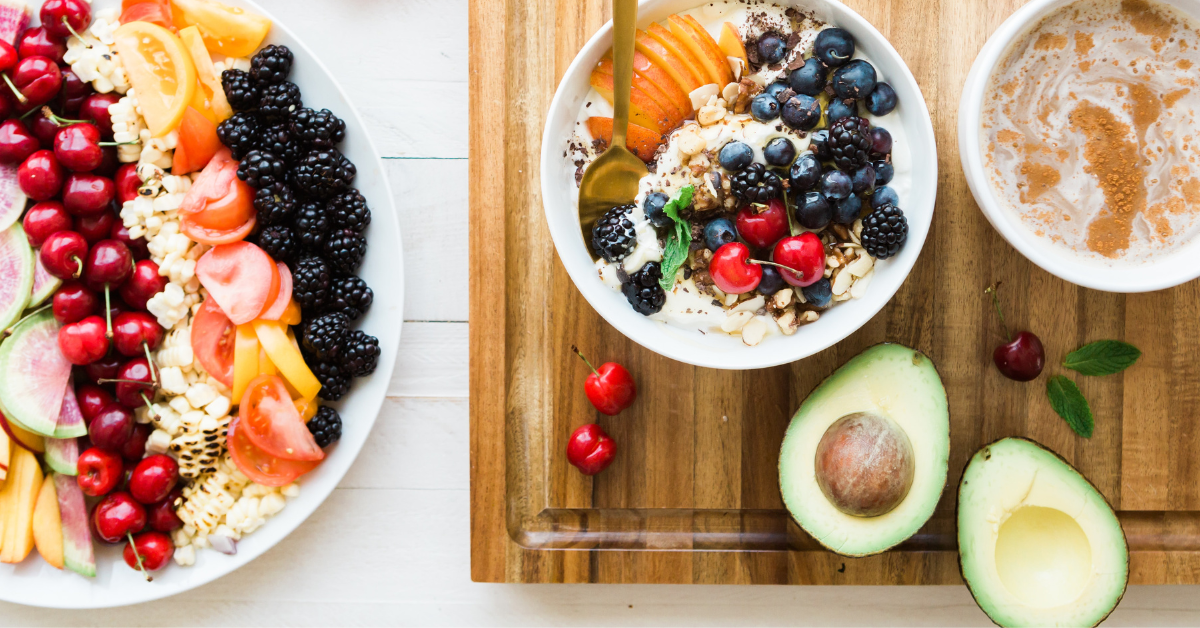

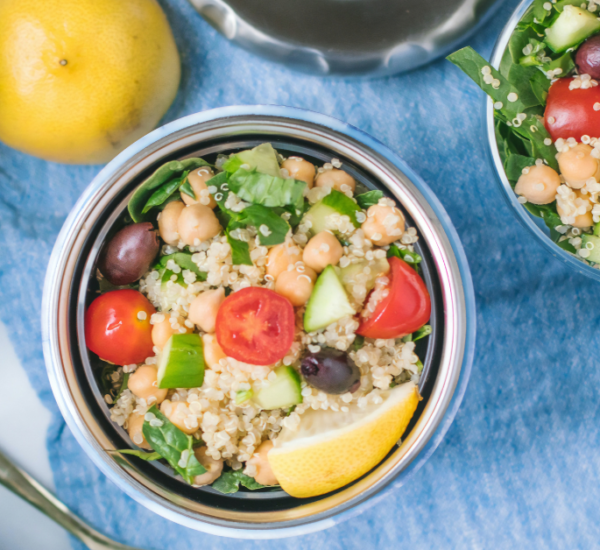




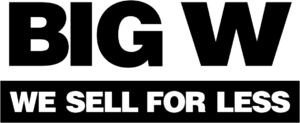



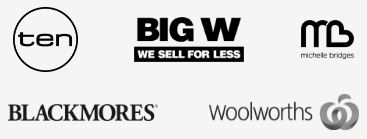

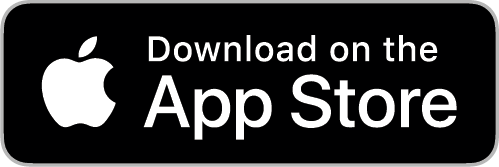
I work in food packaging and know all about the nasties that go into food to make it ‘low fat’ etc. Better off looking for something with less STUFF in it – anything you dont clearly recognise as food.
I dont buy into the low fat thing, and that saturated fats are bad. Its heavily processed stuff you should be worried about
A useful summary, thank you. I would have liked some info on the most nasty ‘numbers’ to watch out for in terms of additives, or a rule I.e. No more than two etc.. I also feel the blanket ‘go ahead’ on the artificial sweeteners is misleading, as there is also much research into the negative side effects of aspartame and phenylalanine etc these chemicals should def be minimised or eliminated in my books. Thanks for the post.